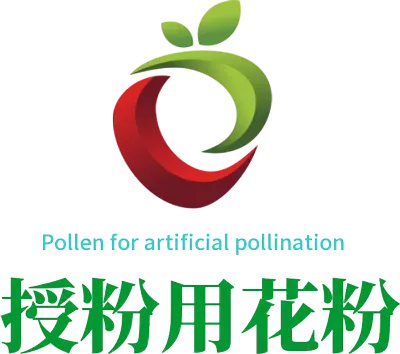නොවැ. . 17, 2024 13:27 Back to list
the role of pear pollination product
The Role of Pear Pollination A Crucial Process for Fruit Production and Biodiversity
Pollination is a vital ecological process that not only sustains agriculture but also supports the intricate web of life. In particular, the pollination of pear trees (Pyrus spp.) is essential for effective fruit production, genetic diversity, and the health of ecosystems. This article explores the role of pear pollination, the organisms involved, and its broader implications for horticulture and biodiversity.
Understanding Pear Pollination
Pear trees are typically self-incompatible, meaning they require pollen from another compatible pear variety to achieve successful fertilization and fruit development. This characteristic necessitates the presence of pollen vectors, primarily bees, to facilitate the transfer of pollen between flowers. In regions where pears are cultivated, honeybees (Apis mellifera) and native bee species play crucial roles. During the flowering period in spring, bees visit the blossoms in search of nectar and pollen, inadvertently transferring pollen from male anthers to female stigma, thus enabling the formation of fruit.
The Pollination Process
The pollination process begins when a pear tree blossoms, attracting pollinators with its fragrant flowers. The structure of a pear flower is designed to facilitate this interaction. There are usually multiple flowers on each cluster, making it easier for bees to collect pollen. As bees visit flowers, they inadvertently brush against the stigma, transferring pollen that is necessary for fertilization. After successful pollination, the ovary of the flower develops into a pear, which is harvested for consumption.
Importance of Pollination for Fruit Set
the role of pear pollination product

The success of fruit set in pear trees is largely dependent on effective pollination. Research indicates that without sufficient pollinator activity, the quantity and quality of pears produced can be significantly reduced. Poor pollination leads not only to fewer fruits but also smaller, misshapen, or blemished pears. This is particularly critical for commercial pear growers who rely on pollinators to maximize their crop yields and ensure fruit marketability. Understanding the dynamics of pear pollination can guide farmers in selecting suitable pollinator-friendly practices, such as planting overlapping varieties and fostering habitats for bees.
Biodiversity and Ecosystem Health
Pear pollination is also crucial for supporting biodiversity. The interactions between flowering plants and their pollinators contribute to the stability and resilience of ecosystems. Healthy populations of pollinators ensure the reproduction of not only pear trees but also many other plant species, thus supporting various forms of wildlife. Furthermore, diverse ecosystems can enhance soil health, improve water retention, and provide habitats for numerous organisms.
Challenges Facing Pear Pollination
Despite its significance, pear pollination faces several challenges. Urbanization, habitat loss, pesticide use, and climate change are adversely affecting pollinator populations. The decline in bee populations, often known as Colony Collapse Disorder, poses a serious threat to the effectiveness of pear pollination. Growers are increasingly called to adopt integrated pest management strategies that minimize pesticide impact and enhance pollinator habitats. Planting cover crops, wildflowers, and hedgerows can create an inviting environment for bees, promoting their presence during the critical flowering period.
Conclusion
In conclusion, the role of pear pollination extends far beyond merely facilitating fruit production. It is an integral aspect of agricultural sustainability and biodiversity conservation. By understanding and supporting the processes of pollination, farmers can enhance their crop yields while simultaneously contributing to the health of the ecosystem. As stewards of the land, it is essential that we recognize the importance of pollinators and implement practices that protect these vital organisms, ensuring a bountiful and healthy future for pear cultivation and the environment as a whole.
-
Premium Cottonwood Pollen for Sale High-Quality Cottonwood Tree & Apricot Flower Pollen Suppliers
NewsJun.24,2025
-
Artificial Pollination Solutions for Pear Trees Auxiliary Pollination Services & Pricelist
NewsJun.10,2025
-
Bagging Paper Bag for Fruit - Wholesale Suppliers & Manufacturers for Fruit Factories
NewsJun.10,2025
-
Premium Apple Birch Tree Pollen Suppliers Quality Exporters
NewsJun.09,2025
-
Lorado Pollen Suppliers Pure Apricot Flower Pollen Collection
NewsJun.09,2025
-
Premium Mulberry Pollen Natural Source for Bee Health & Nutrition
NewsJun.09,2025